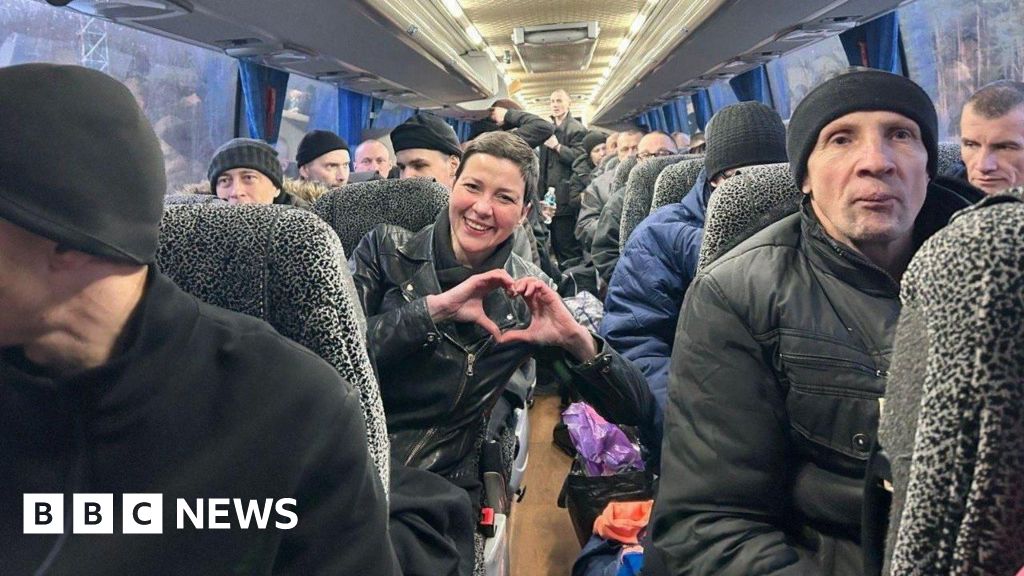Food assistance used by more than 40 million Americans known as Snap, or food stamps, will not be distributed starting on 1 November due to the ongoing government shutdown, according to the US Department of Agriculture.
"Bottom line, the well has run dry," the department said in a notice on its website, which also blamed Democrats in the Senate for the impasse.
The Supplemental Nutrition Assistance Program (Snap) is used by 1 in every 8 Americans, and plays a vital role in many grocery budgets.
Earlier this month the Trump administration declined to tap a contingency fund that would have continued benefits, saying the money is needed for potential emergencies such as natural disasters.
Democrats have condemned President Donald Trump for refusing to use the contingency fund.
"This is perhaps the most cruel and unlawful offense the Trump administration has perpetrated yet," Congresswomen Rosa DeLauro and Angie Craig said in a joint statement on Friday that slammed Trump for providing assistance to Argentina and building a new White House ballroom during the shutdown.
The contingency reserve, though, would probably not last that long if the shutdown stretches until December.
According to the Center on Budget and Policy Priorities (CBPP), a think tank focused on policies that help low-income families, the fund would only cover about 60% of one month of benefits.
In a letter sent to the agriculture department on Friday, Democratic House members said there was still "significant funding available in SNAP's contingency reserve – which Congress provides precisely for this reason – that can be used to fund the bulk of November benefits".
They asked Agriculture Secretary Brooke Rollins to release the reserves and then transfer other available money in her department to fully fund the programme for the month.
In a memo obtained by US outlets, Rollins said the reserve can only be used for "true emergencies", mostly natural disasters.
Earlier, in its published plan for the shutdown, her department had said it would keep a small number of employees from being furloughed to operate the programme, noting Congress had created "multi-year contingency funds" to ensure states could continue to distribute benefits.
Snap works by giving people reloadable debit cards that they can use to buy essential grocery items - people can use these cards at everything from supermarkets to Amazon for grocery delivery.
A family of four on average receives $715 per month, according to CBPP, which breaks down to a little less than $6 per day per person.
The states administer the programmes, with much of the funding coming from the federal government.
Several states have pledged to use their own funds to cover any shortfall, however the federal government has warned that they will not be reimbursed. Some, such as Massachusetts, where 1 million people are expected to lose benefits, have said they do not have enough money to make up for the lack of funds.
Many states are working with people in Snap to try locate charity food pantries and find alternative sources for meals, and California is deploying its National Guard to help distribute food.
The US government shutdown entered its 26th day on Sunday, making it the second-longest shutdown in history.
.png)
 1 month ago
8
1 month ago
8








 English (US) ·
English (US) ·